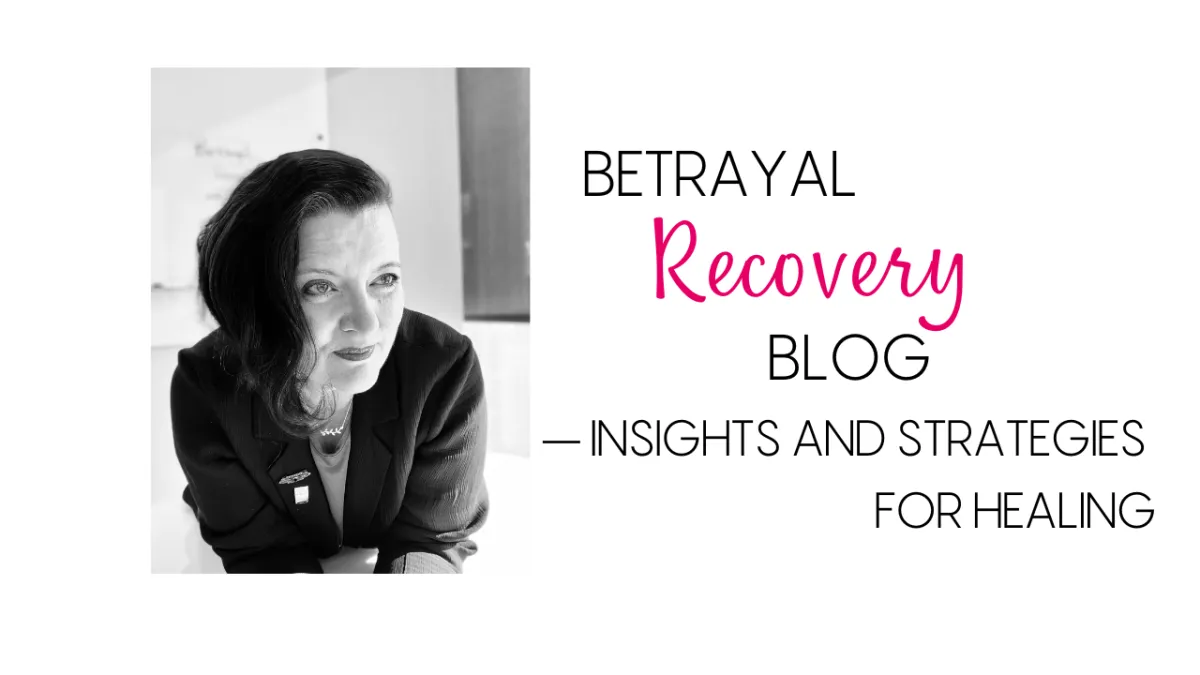
Expert Insights on Betrayal Recovery and Healing:
Blogs by Vanessa Cardenas
In-depth Articles on Healing, Communication, and Personal Growth.

Why Do We Betray Ourselves? Uncover the Causes of Self-Betrayal
by Vanessa Cardenas, Betrayal Recovery Specialist Serving Westchester, NYC, and the Surrounding Region
Understanding the Roots of Self-Betrayal
Self-betrayal is a complex and often misunderstood behavior. It involves acting against your own best interests, whether through self-sabotage, neglecting your needs, or prioritizing others to your detriment. But why do we betray ourselves? Understanding the root causes of self-betrayal is key to breaking the cycle and fostering a healthier relationship with yourself.
The Role of Fear in Self-Betrayal
Fear is one of the most significant drivers of self-betrayal. Fear of rejection, fear of failure, and fear of being alone can all lead you to make choices that go against your true desires. When fear takes the wheel, you might find yourself saying "yes" when you mean "no," staying in situations that no longer serve you, or hiding your true self to fit in.
The Desire to Please Others
Many people betray themselves out of a deep-seated desire to please others. This often stems from a need for approval, validation, or love. You might sacrifice your own needs and happiness to make others happy, believing that this will earn you their acceptance or affection. However, this behavior ultimately leads to resentment and a loss of self-identity.
Internalized Beliefs and Conditioning
The beliefs and values you internalize from childhood can also contribute to self-betrayal. If you were taught that your worth depends on how much you do for others, or if you grew up in an environment where your needs were dismissed, you might continue to prioritize others over yourself as an adult. These ingrained beliefs can be difficult to unlearn, but they are not impossible to change.
Low Self-Worth
At the core of self-betrayal often lies low self-worth. When you don’t believe you deserve happiness, success, or love, you may engage in behaviors that sabotage your well-being. This can manifest as settling for less than you deserve, avoiding opportunities for growth, or staying in unhealthy relationships. Recognizing and addressing these feelings of unworthiness is crucial for breaking free from self-betrayal.
The Impact of Unresolved Trauma
Unresolved trauma can also drive self-betrayal. Trauma can leave you feeling disconnected from yourself, leading to behaviors that perpetuate your pain rather than heal it. Whether it’s self-neglect, self-sabotage, or remaining in toxic situations, these actions can be traced back to unresolved wounds that need attention and care.
Breaking the Cycle of Self-Betrayal
Breaking free from self-betrayal requires a deep understanding of its causes. Start by exploring your fears, beliefs, and past experiences that may be influencing your behavior. Cultivate self-compassion and work on building your self-worth. It’s also essential to challenge the internalized beliefs that keep you stuck in the cycle of self-betrayal.
Moving Toward Self-Respect
The journey from self-betrayal to self-respect is not easy, but it is incredibly rewarding. By addressing the root causes of your self-betrayal, you can begin to make choices that honor your needs, values, and true desires. This shift not only enhances your relationship with yourself but also leads to healthier, more authentic relationships with others.
Final Thoughts
Understanding why we betray ourselves is the first step toward breaking free from self-destructive patterns. By uncovering the root causes of self-betrayal and taking conscious steps to heal, you can begin to live a life that truly reflects who you are and what you deserve.
Subscribe for More Insights:
If you found this article insightful and would like to receive similar content delivered directly to your email, please subscribe to our newsletter. Stay updated with the latest information, tips, and strategies for managing life's transitions. Don't miss out on valuable insights that can empower you to make the best decisions for your future. Join our community today, and let's navigate these challenges together. Subscribe now!



© Copyright 2017-2025. Understanding Ear LLC. All rights reserved.

